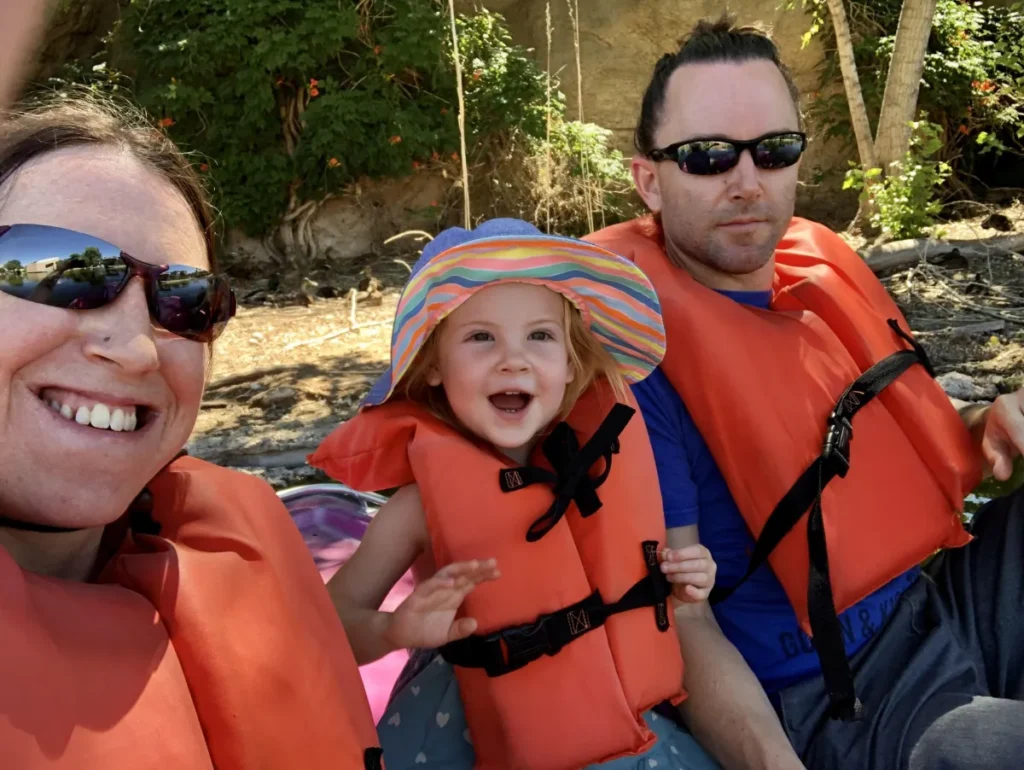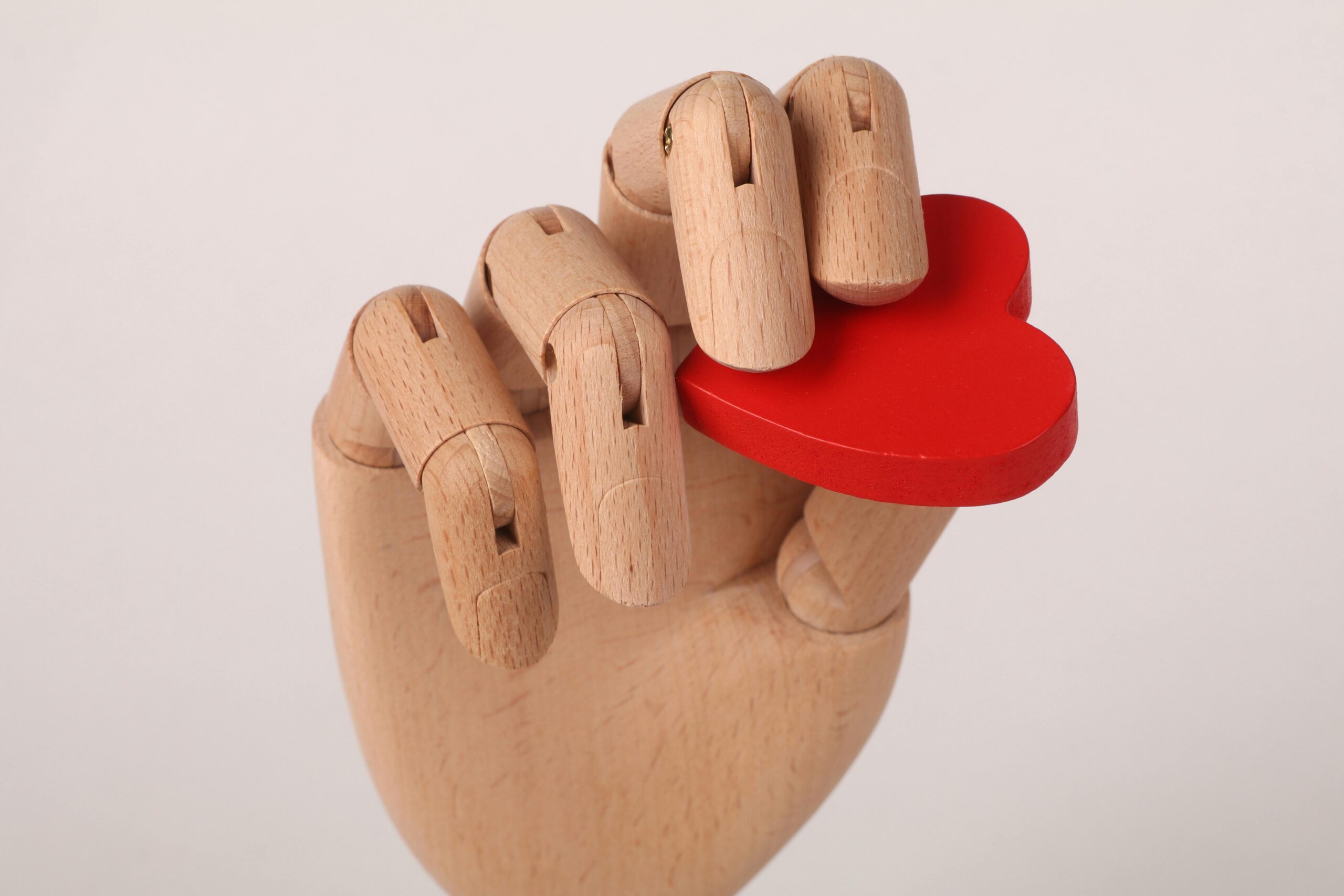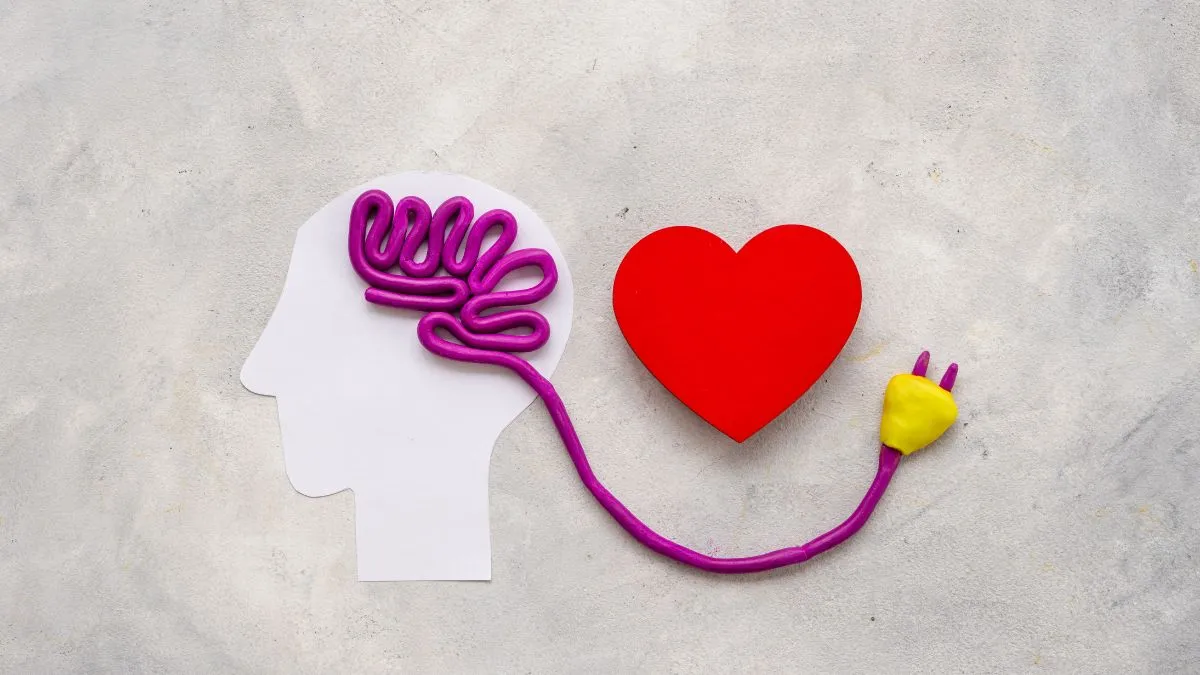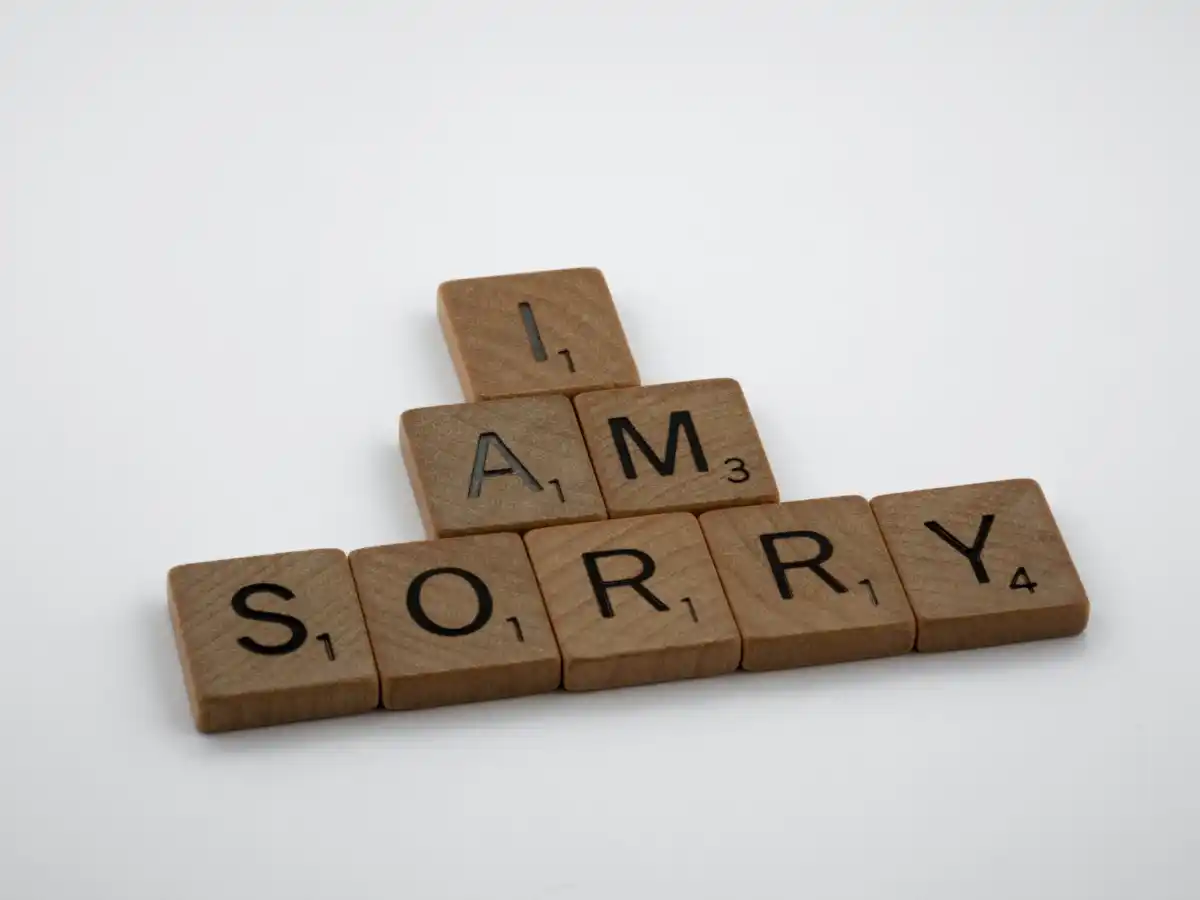I’m old enough that when I was in high school, there weren’t many classes offered that fell outside of the standard curriculum. Fortunately for me, my school offered a psychology course. I had some struggles with the teacher, which I came to understand later in life, but really I owe her and her class a lot. Because really, it’s in her psychology course that my story began.
But first, let’s start with some background.
Trigger Warning
There’s mention of alcoholism, abuse, narcissism, violence, and other forms of trauma which may be triggering for some readers.
Generational trauma
I was born in 1980 to mismatched parents. My father is Hispanic and was raised Catholic. My mother is (mostly) German and came from an Amish family. They met in school and dated off and on until they seemingly just… stayed together. Many couples are awkwardly paired. So what?
Well, my father’s family is plagued by alcoholism. And my mother’s family is plagued by mental illness and abuse.
Mix it all together and you have one hot mess.
It wasn’t all bad, of course, but I don’t remember much at all about my childhood because one of the effects of trauma is forgotten memories. Many of us just block it all out.
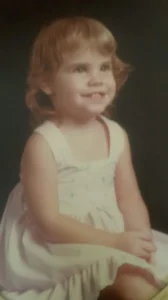
Alcoholism
My father was (is?) a heavy drinker. Alllll the stereotypical stuff. He’d reek of booze and try to hide it with cologne and gum and breath mints. He’d hide his alcohol, well, everywhere. He lied. Always. About everything. Sometimes he came home. Sometimes he didn’t. And he was violent.
One thing was for sure, though. It was bad news for everyone anytime he drank alcohol.
My parents would fight. There was a whole lot of screaming and yelling and verbal abuse.
And my father would become violent. He would punch the walls and throw anything in his reach. I recall one time he picked up a metal desk and threw it against the wall. It shattered.
My sister and I would hide under our beds or in the closet with the bedroom door closed and locked. We were safe from the physical violence, but not from what we’d hear. I became my sister’s protector.
The best part? My father carried a gun and was in the Sherriff’s Reserves. He got away with every single DUI incident. And our neighbors always “minded their own business.” Gee, thanks.
After multiple separations, broken promises, and lived nightmares, my father went into a rehabilitation facility when I was 11. We all attended counseling, but in many ways, little changed. The violence was gone and for that I was grateful, but things were definitely not healthy. Verbal abuse lessened but didn’t stop. We were never a happy family.
Mental illness
Mental illness exists in some form in all families, but it somehow managed to hit a lot of the branches in my mother’s. Most likely that’s because there’s also a fair amount of abuse.
My grandfather physically, emotionally, and sexually abused his children. They didn’t all receive the same abuse, but they did all experience abuse in some form. And how do you escape that without some form of mental illness?
So my mother and many of her families members have been diagnosed with conditions such as depression, anxiety, bipolar disorder, post-traumatic stress disorder, multiple personalities, and more. And while my mother hasn’t (to my knowledge) been diagnosed with it, she definitely displays narcissistic traits.
Based on my mother’s history, to her the problems with my father were at least better than the problems with her own. And maybe I’m wrong, but that seems like it was the barometer for parenting. It was better than how she was raised and she never hit us, sooo… good enough, right? She “did her best.”
Her “best” resulted in a barrage of development and health issues for me and my sister. I became the “strong one” that held everything together. And yet I never felt safe. I have anxiety and anger issues. I have attention and sensory issues. I’ll save my list of problems for my therapist, but you get the point.
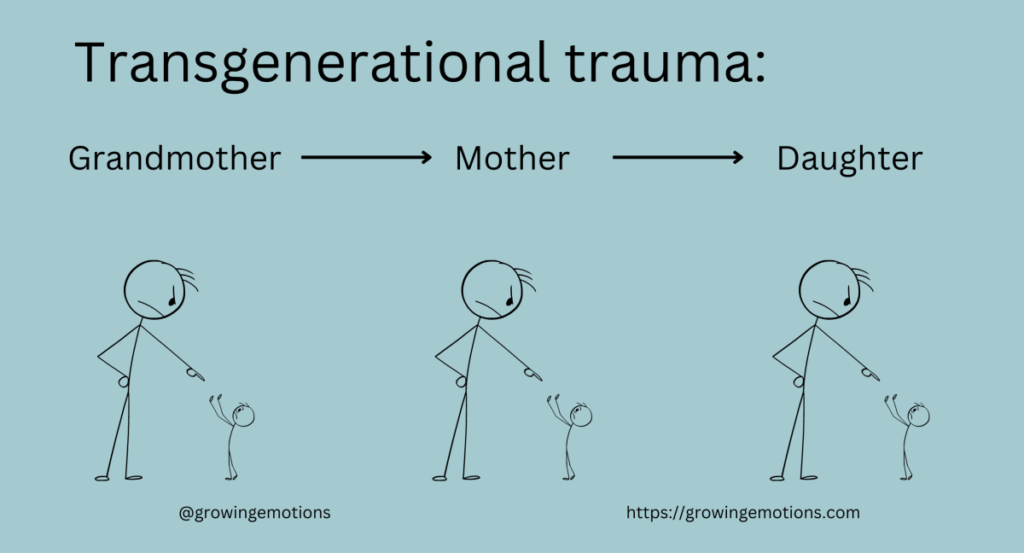
Work and education
Among my list of challenges and issues that have resulted from my upbringing, I really struggled getting my act together with school. I started college right out of high school (the first in my family) and dropped out, went back and dropped out again.
But really, it led me here so I’m grateful for that much at least.
Professional me
I did well in the professional sector and eventually worked my way up into management. I finally earned an Associate’s degree in Liberal Arts (which is essentially worth nothing) and ultimately became an Operations Manager at a law firm.
Through that experience, one theme kept recurring. My employees all seemed to struggle with self-esteem, self-efficacy (a term I didn’t know at the time), and confidence. That’s both in their personal life and their work life.
If people felt better about themselves, would they do better in their work? Would they be happier? It sure seemed to me like the answer to both of those questions would be YES!
Another question plagued me: how can two people raised by the same parents and in the same environment come out so differently (my sister and I are opposites in so very many ways)?
I had to know the answer to all these questions.
Back to school
I delayed going back to school for a while because I couldn’t decide between a psychology degree or a business degree. Remember way back at the top of the post when I mentioned that high school psychology course was the start of my story?
Here we go.
I love business and I was doing really well with it despite jumping in the deep end without a lifejacket. But my passion is psychology. So I enrolled in the psychology program at my local university.
I’ll spare you the boring and laborious details. Suffice it to say I went back and forth a lot with where to focus my attention (focus and attention issues are on my long list of trauma responses). And I ultimately opted to major in psychology and double minor in women’s studies and family studies.
Why?
IDENTITY!
What?? Yep, identity. I learned that self-esteem, self-efficacy (when I finally learned this word), confidence, and other related terms all have to do with our identity. And our identity develops in childhood and is influenced not only by our genetics, but our environment. Namely, how we were parented.
So I decided that I would become a parent educator. I would learn how to teach parents how to raise their children in healthy ways. Then everyone can be healthier and happier. Simple.
Graduate School
I returned to the Family Studies program (now called Family & Child Studies) for my masters. They offer a family life educator concentration that’s perfect for my goals.
I advanced my knowledge of child development and was able to learn from a family systems perspective. You see, this addresses that development doesn’t occur in a vacuum. It occurs within the context of family.
I also gained a better understanding about how allll sorts of environmental factors contribute to and influence development, from access to food and medicine, to pollutants (like noise and light pollution), to teachers and coaches and friends, and so much more.
And I was taught (I didn’t exactly learn it yet) that education is not the solution we want it to be. Simply providing the education isn’t enough to change people’s perceptions and beliefs. More on that later.
My Family
My own immediate family has of course been a huge influence for me and contributed greatly to my story. And it’s gone through some rather serious changes, not unlike most people.
Divorce
I got married for the first time at 28 to a man 12 years older than me. We had been together for five years and the age difference was never a big deal for us. But his drinking and marijuana use was.
As is pretty common for children of alcoholics, I married an alcoholic. And I don’t know about any marijuana addiction (the research seems mixed on that), but he lied about his use, which is a big problem. Unsurprisingly, we had a whole host of issues. And we got divorced after being married for only a year.
I realized after my divorce that I had no idea who I was. I came to understand that I was never given the opportunity to fully develop my identity on account of my trauma and the survival instincts on which I relied. I tried to be who he wanted and needed me to be because I didn’t know who else to be.
That divorce saved me.
Remarriage
After three years of soul-searching, healing, and exploration, I met my forever husband.
Is our relationship perfect? Of course not. Is he perfect? Heck no! But I somehow found myself my perfect partner.
He supported me when I quit my demanding job so I could return to school full-time to complete my bachelors. And then he supported me so I could go on to earn my masters. And by support, I mean financial support, emotional support, essentially any type of support someone could need.
Thanks to him I’ve learned what a healthy relationship looks and feels like.
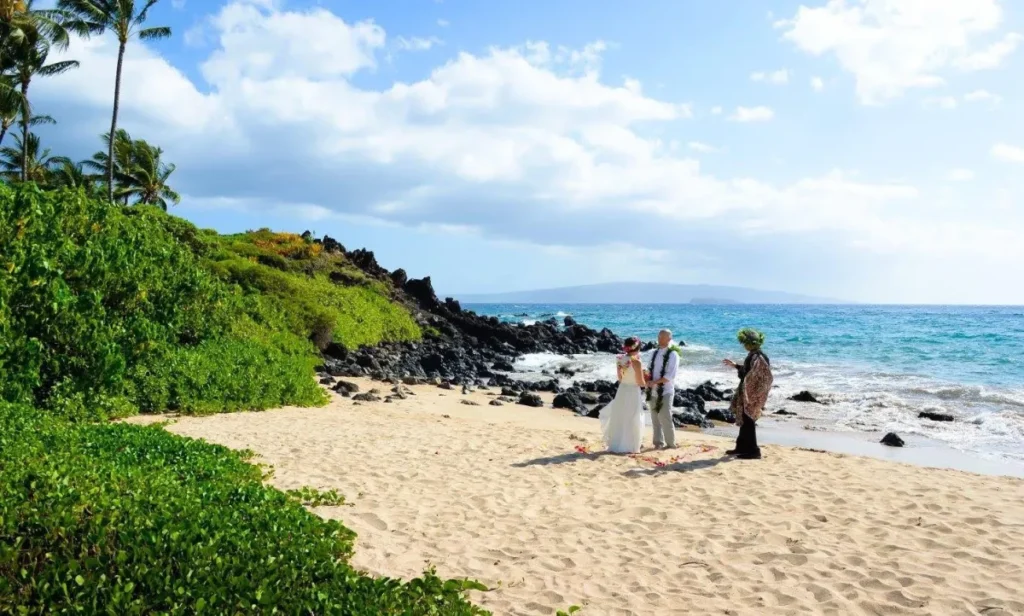
Infertility and IVF
I was 36 when I married my forever husband. Getting pregnant didn’t come easy for us. There’s a history of endometriosis in my family and I suspected I had PCOS.
After a year or so of trying, we sought fertility help. We made the decision in advance that we would forego some of the more common treatment options and skip right to in vitro fertilization (IVF). Our age wasn’t doing us any favors.
We have a couple of fertility doctors where we live and, after comparing them, chose the one using the most advanced approach: Caperton Fertility Institute.
I’ll probably write a separate article outlining our IVF journey someday, but to call it difficult would be an understatement. It was expensive, emotional, and took a huge toll on my physical person.
It also led to the most amazing person I’ve ever met, our daughter Logan.
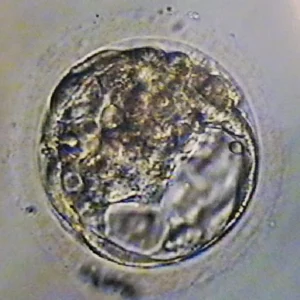
Becoming a Mother
Y’all, I’m a child development expert and I was grossly underprepared.
The child development stuff is easy. Okay, not easy. But it’s not what I’m referring to. It’s the becoming a mother stuff. The changes in me. To me.
Wait, we’re back to identity, aren’t we??
I felt so lost as a person when I became a mother. For one, I had post partum anxiety (PPA). No one talks about PPA, all the focus is on post partum depression, but man it is REAL. And the fascinating thing is it made me realize I’ve always had anxiety. The PPA was just regular anxiety on steroids.
But I also felt so alone. Despite how strong and healthy our relationship was, my husband and I struggled. And I had pushed my mother away when I was pregnant. Her attempts at closeness and normalcy felt ingenuine, uncomfortable, and wrong.
As time progressed, I recovered from PPA and returned to my normal amount of anxiety. And I started to feel all sorts of new feelings about how I was raised. Like, as I became a mother, it started to become apparent that I didn’t have all of this security and connection as a child that I was trying to provide for my own. Not only did I miss out on a healthy childhood, but I had no basis from which to draw on to guide me in my own parenting.
And as my child grew from infancy to toddlerhood, I really became more aware of just how bad my mother’s narcissism is. And how it’s affected me throughout my life.
I came to one very important and strong realization. It is up to me to stop the cycle.
I cut ties with my father sometime after my divorce and now, faced with this reality, I really struggled. I felt so guilty because I’ve always felt responsible in some ways for my mother’s mental health and how she feels.
I tried creating boundaries but it just didn’t work. I finally realized it had to end. All of it. I could no longer allow the members of my family (there’s drama and trauma with more than just my parents) to negatively affect my well-being and I damn sure wouldn’t let them negatively affect my child’s.
So I went no contact with everyone in my family except three cousins.
Growing Emotions
Whew! What does that rollercoaster ride of drama have to do with Growing Emotions?
Everything! My story led me here.
I want for children to be raised better than I was. To be raised better than many of us were. I want to dedicate my life’s work to making the world better for all children.
I’ve always had an entrepreneurial sprit, so starting my own business was a no-brainer. I spent the last two years trying to work through the kind of business I want Growing Emotions to be and how I could best use my skills to help others.
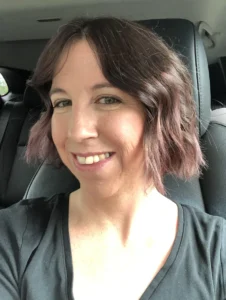
Parent education
At first my intention was to provide educational courses for parents. As I mentioned previously, I aimed to teach parents how to raise children in healthy ways. I wanted to open an education center. Being an educator is something I’ve done for most of my life, starting as a tutor in high school. I enjoy it and I’m good at it.
But then I thought why not provide education-based products? Like workbooks and the like.
I network and communicate in a lot of parenting-related groups. And I have learned two important lessons:
- You can’t convince people to parent a certain way, no matter what the research says. The people who are like me are adamant to learn a healthier approach will seek it out and are receptive to change. The people who choose to parent without additional guidance or education won’t budge. And the people in the middle may never make changes. There’s nothing I can do to change that. Parent education is not enough.
- The biggest issues most of us face with our parenting challenges are a result of us simply not being healthy parents. When our own personal well-being suffers, we simply can’t be there for others.
Taking care of Self
Probably most of you reading this are familiar with the phrase “you can’t pour from an empty cup.” It’s rather cliche and outdone. So much so that it’s become lip service to many.
But also, it’s true.
Two facts remain. Firstly, we are simply not raising children in villages anymore. Many families either live far from their parents and grandparents or simply don’t have them for a plethora of reasons (like me). We just don’t have the support necessary to care for ourselves.
Secondly, we’ve never been taught to take care of ourselves. We’ve been taught that we must be others first and to do differently is selfish.
What this is missing is that we quite literally cannot care or be present for others if we do not care for ourselves. Our physical health suffers. Our mental health suffers. And it absolutely trickles down. And out. And all around.
So I’ve come full circle. Right to where I’m meant to be. How can we, as individuals, be healthier, happier people?
By caring for ourselves first and above all else. We will do this hard work together for the sake of our ourselves. Our children. The world’s children. For each other.
I’m dedicated to creating courses and products that provide supportive and educational messages about emotions, friendship and relationships, connection, and well-being. I’m dedicated to spreading empathy, compassion, kindness, and love.
And I hope you’ll join me.
Register for my FREE Intro to Anger Management Course
Are you struggling to manage your anger? If so, then this free Anger Management Course is for you.

